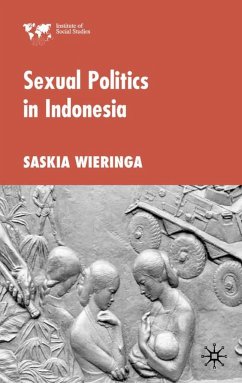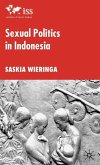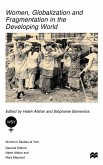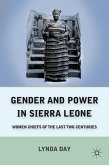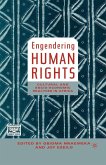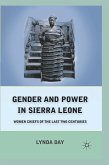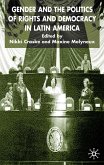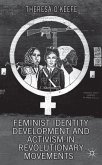This book analyzes the interaction between nationalism, feminism and socialism in Indonesia since the beginning of the twentieth century until the New Order State of President Suharto. The focus is on the communist women's organization Gerwani, which was by 1965 the largest communist women's organization in the non-communist world. Gerwani members combined feminist demands such as a reform of the marriage law with an insistence upon a political role for women. The organization was destroyed in a campaign of sexual slander orchestrated by the military under General Suharto. Hundreds of thousands of people were killed. President Sukarno lost his power and General Suharto took over.
'....provides an original and important gender analysis of the events of 1965-66, an analysis that has previously been neglected or suppressed. In so doing, it offers new and important details on a critial event in Indonesia's history as well as fascinating insight into the political history of Indonesian women's organization.' - Nancy J. Smith-Hefner, The Journal of Asian Studies

